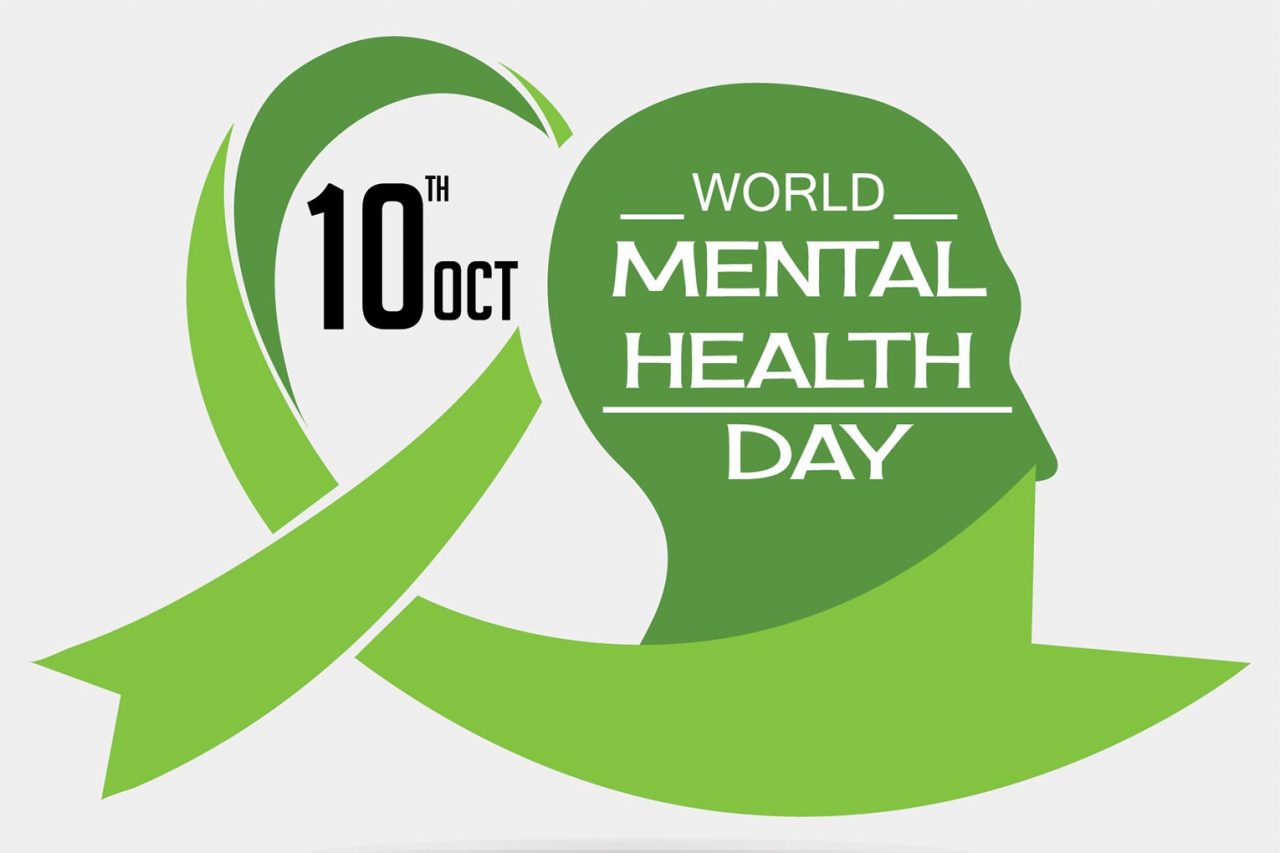If you are able, it may deserve it to throw in an exercise class, some medical spa therapies or other all natural therapies to assist you feel restored. This is a layout for you to make them a lot of your following mental wellness day. As soon as you've taken the time to set your goals, take a seat as well as make on your own a nutritious breakfast.
You may intend to coordinate your mental health day with your spouse or partner and also take some time with each other. You might reach out to a close friend or member of the family to hang around with to maintain those partnerships going smoothly. For individuals who are not dealing with scientific levels of anxiety and anxiousness, the periodic "psychological health and wellness day" may still be important, however there are a few things to remember.
What does mental health day mean?

Definition of mental health day : a day that an employee takes off from work in order to relieve stress or renew vitality.
Deutsches Bündnis gegen Anxiety e.V.
Is it OK to take a mental health day?
It is generally not a good idea to take a mental health day spontaneously. That is, if you wake up in the morning and dread going to work, don't use that feeling as a reason to call in sick. Even if you do manage to keep your mind off work for the day, the source of stress is still going to be there the next morning.
- A nervous malfunction, which is a loss of the ability to operate in day-to-day life, might last for a couple of hours or a couple of weeks.
- If you also have symptoms of clinical depression or anxiety, this can be especially difficult to manage.
- If you are still battling to handle your tension as well as your mood, be sure to get an expert mental wellness analysis.
- Good, timely therapy can help minimize the period as well as extent of an anxious break down.
- When you seem like your stress and anxiety levels have actually reached their peak, it may be time to take a quick break to reset.
If your liked one shows indications of mental disease, have a sincere as well as open conversation with him or her about your issues. You may not be able to compel somebody to get professional care, but you can use encouragement and also support.

The other is connected to a much more colloquial use of the term in which you are making use of unwell time to decrease stress and anxiety that may develop as part of the regular training course of work. Look for out an examination from a mental health specialist if you have actually experienced something that resembles what is commonly referred to as an anxious break down. Your diagnosis is likely to be a psychological wellness dilemma, although a psychiatrist may likewise establish that you have an underlying mental illness that may or might not have actually added to your existing dilemma.
And also you don't need to engage in Instagram-worthy self-care, either. Not everyone will certainly feel freshened after a flower bubble bathroom, face mask and hot-stone massage-- some individuals will certainly feel their best after a tough exercise, a passionate dish as well as an episode of their favorite TELEVISION show. And also, attempting as well hard to represent self-care will make it seem like more of a duty. Lastly, take into consideration taking much more mental health and wellness hours instead of days. Get up in the early morning and also stroll in a pretty place prior to you head to function.
How often should you take a mental health day?
"On average, it can be good to schedule at least one to two mental health days a quarter," Cirbus says. "Scheduled days off create a routine of dedicated time to good self care which helps maintain stability and sustainability over time." The same is true for children, teens and young adults, Cappana-Hodge says.
That does not suggest that you should never ever take a mental health day. There are 2 strategies that can make your psychological health day beneficial for anxiety alleviation.
How do I ask my boss for a mental health day?
However, 16 common signs and symptoms of a nervous or mental breakdown are: feeling anxious, depressed, tearful, or continuously irritable. feeling helpless, hopeless, and having low self-esteem. withdrawing or avoiding normal social situations.